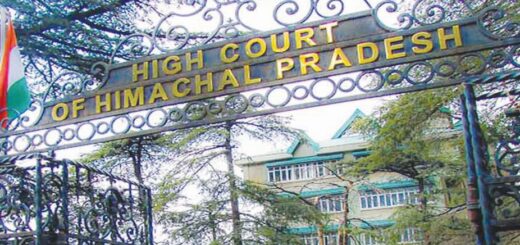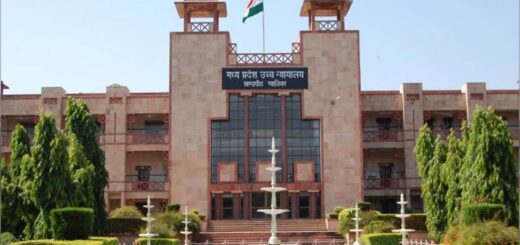The Supreme Court stated that a writ court can change the findings of fact made by authorities if those findings are unreasonable or based on a wrong understanding of the evidence.

In a land dispute case, the Supreme Court has confirmed the Allahabad High Court’s decision, which correctly addressed the factual findings made by the Appellate and Revisional Authorities. The Supreme Court noted that these findings were flawed and based on a partial and incorrect understanding of the evidence. The court was reviewing an appeal against the Allahabad High Court’s ruling that overturned the decisions of the Settlement Officer and the Deputy Director of Consolidation. Justices C.T. Ravikumar and Sanjay Karol stated, “The High Court, in its judgment, properly allowed the writ petition and exercised its authority under Article 226 of the Constitution, noting that the lower courts made a legal error by accepting inadmissible evidence presented by the petitioner.”
AOR Shyamal Kumar represented the Appellant, while Senior Advocate S. R. Singh represented the Respondent. The land in question was recorded in Sehati’s name following a mutation order after Aftee’s death. The land remained recorded under the names of Jhagru and Bhusal, sons of the Respondent, as Bhumidhar and Sirdar. In 1973, the land was marked for consolidation operations. Gulabi filed objections under section 9 of the U.P. Consolidation of Holding Act, 1953, claiming to be Aftee’s daughter and seeking co-tenancy over the land. The Consolidation Officer dismissed her objections, stating that the land had been in the respondents’ possession for the past 16 years.
The facts regarding paternity were overturned by both the Appellate and Revisional Authorities. However, these authorities did not consider all the evidence, leading to conclusions that were unreasonable. A key question in this case was whether the Revisional Authority could review factual findings. Citing Section 48 of the Act, which outlines the revisional powers of the Director of Consolidation Officer, and referencing the case of Ram Dular v. Dy. Director of Consolidation, Jaunpur and Ors 1994 Supp (2) SCC 198, the Bench stated that the Deputy Director of Consolidation could only challenge factual findings from lower authorities if those findings were unreasonable, unsupported by evidence, or against the law.
The Bench noted that the findings of the Consolidation Officer were reasonable, and the Revisional Authority’s interference was a legal mistake, which the High Court corrected in its judgment. It pointed out that Smt. Gulabi had the responsibility to prove paternity under Section 101 of the Indian Evidence Act, 1872. However, upon further examination, it was found that Smt. Gulabi based her claim solely on the birth register, which was not legally validated since no one who maintained or entered information in the record was examined. Additionally, the document itself lacked reliability, as the High Court noted that the entries were factually incorrect.
The Court explained that it is a well-established legal principle that when using Article 226 of the Constitution of India, the High Court cannot review all evidence or facts unless the lower authority acted outside its powers or if there are clear errors in the record or if the findings are based on guesses. The Bench noted that from 1959 to 1973, there was no attempt to challenge the mutation order, and this 14-year delay was not justified. Therefore, the late challenge was seen as delayed and lacking merit. The Bench dismissed the appeal, stating that the Appellate and Revision Authority made incorrect findings based on incomplete and flawed evidence, which the High Court rightly corrected. They found no reason to change the previous judgment.
Cause Title: Shambhu Chauhan v. Ram Kirpal Alias Chirkut & Ors. [Neutral Citation: 2024 INSC 882]









